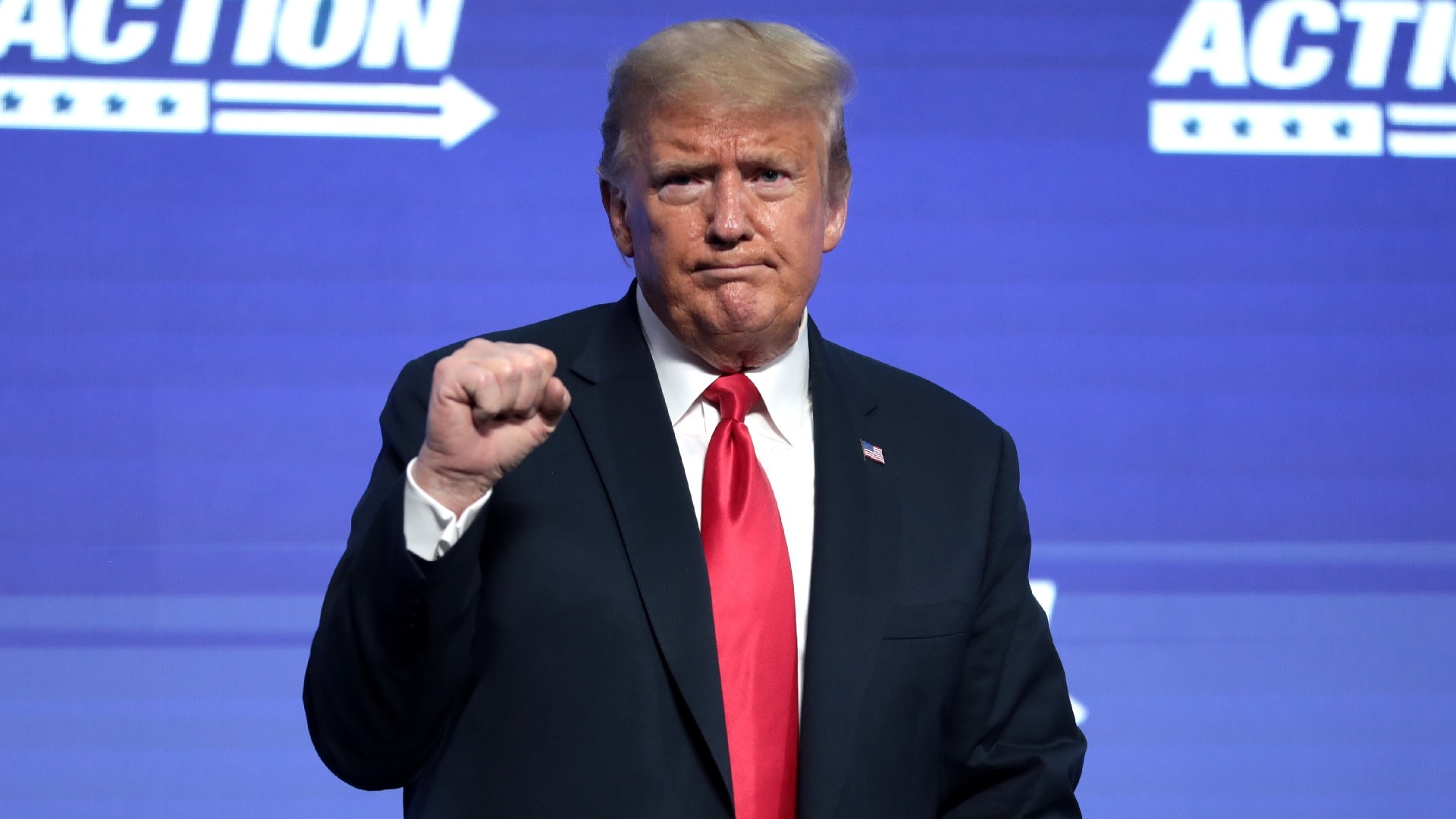Fani Willis’ ‘Mobster’ Option Pays Off – In a daring legal and public relations maneuver, Fulton County District Attorney Fani Willis wielded a law typically used against mobsters to indict former President Donald Trump and 18 co-defendants in a sweeping case tied to efforts to overturn Georgia’s 2020 elections. This unconventional approach differed from federal prosecutors, who generally focused on narrower and more easily provable offenses with fewer co-defendants.
Willis chose to charge all 19 under the state Racketeer Influenced and Corrupt Organizations Act (RICO), the very law that one of the prominent defendants, former Trump lawyer Rudy Giuliani, had once used to bring down organized crime figures during his tenure as a federal prosecutor.
This strategy initially faced criticism from defendants and their legal teams who argued that they had no significant connections to each other and should not be tried as co-conspirators. Fulton County Superior Court Judge Scott McAfee expressed concerns about the unwieldiness of a single trial with so many defendants, witnesses, and attorneys, even remarking that he was “very skeptical” about starting a trial involving 19 people as soon as this month.
Willis, however, persisted with her approach. Experts believe she anticipated that some of the less-connected defendants would opt for plea deals to safeguard their own freedom and provide her with valuable evidence and testimony to convict higher-ranking individuals involved in the alleged election subversion.
The most crucial breakthrough came when Sidney Powell, a former Trump lawyer and staunch loyalist, entered a guilty plea for conspiring to interfere with Georgia’s 2020 elections. This move transformed Powell from a Trump confidante into a potential legal weapon against him.
Powell followed Scott Hall, a bail bondsman who pleaded guilty the previous month to charges related to a scheme to breach the voting system in Georgia’s Coffee County in early 2021. Hall received a sentence of probation, community service, and a $5,000 fine.
As trial dates approach, Willis is likely to receive numerous offers from defendants willing to plead guilty in exchange for cooperation. This cooperation, in turn, would significantly strengthen her case.
Under Powell’s plea agreement, she confessed to six misdemeanor counts of conspiracy to intentionally interfere with the election in Georgia. This included her previously denied involvement in Trump supporters’ efforts to access election system information, aimed at substantiating claims that the 2020 election in Georgia was illegitimate.
While Powell will avoid prison time, the agreement compels her to provide documents and testify truthfully at her co-defendants’ trials, which may include Trump himself.
The deal requires Powell to serve a combined six years of probation, pay a $6,000 fine, contribute $2,700 in restitution to the State of Georgia, and write a letter of apology to the people of Georgia.
Powell’s agreement carries significant implications not just for her, but also for Willis and, potentially, former President Trump and Rudy Giuliani. Both Giuliani and Powell had worked closely together, jointly alleging widespread election fraud during a press conference.
Trump had once considered appointing Powell as a special counsel to investigate election fraud in late 2020 after losing the election. Her guilty plea formally acknowledges her role in the attempt to overturn the election, and its potential impact on Trump and other co-defendants remains uncertain.
Georgia Gilholy is a journalist based in the United Kingdom who has been published in Newsweek, The Times of Israel, and the Spectator. Gilholy writes about international politics, culture, and education.

